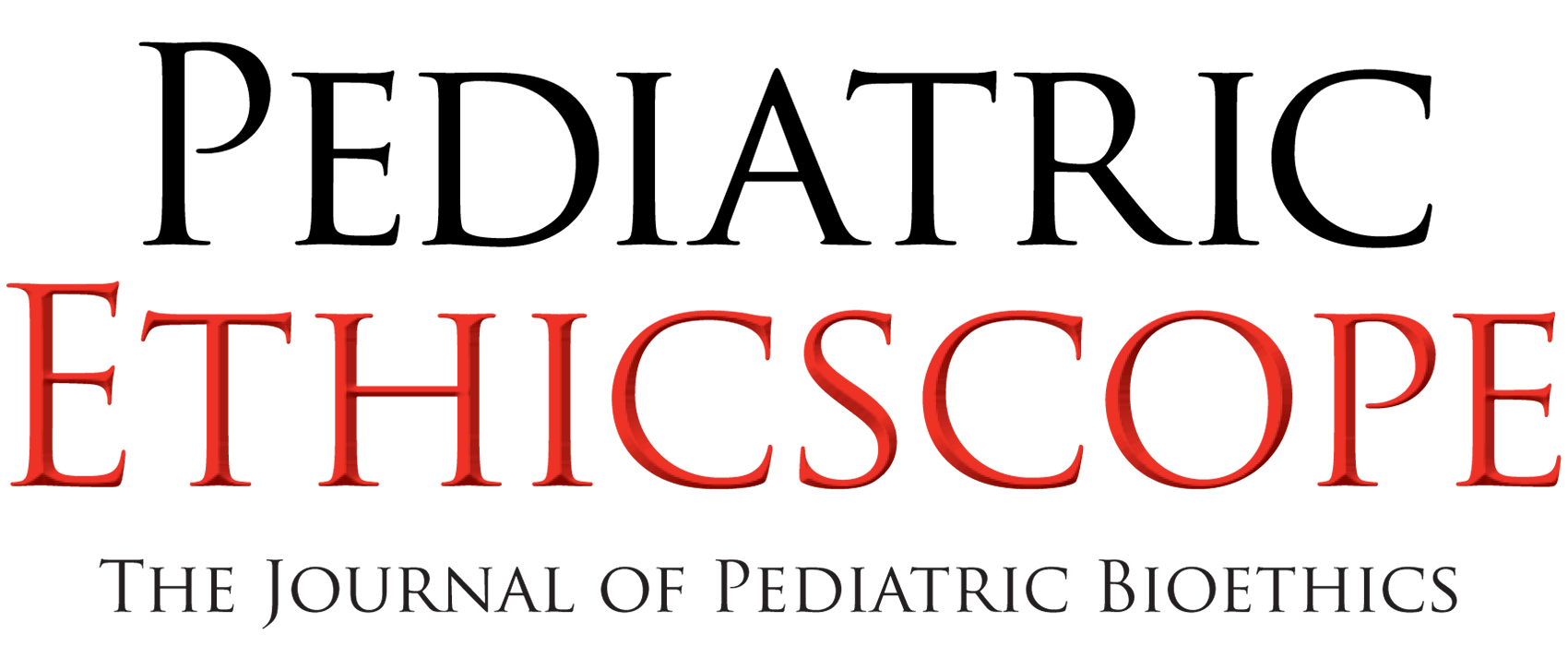Pediatric Ethicscope
Pediatric Ethicscope
Pediatric Ethics
Pediatric Ethicscope: The Journal of Pediatric Bioethics
The Aims, Scope, and History of Pediatric Ethicscope
Pediatric Ethicscope
Pediatric Ethicscope
Pediatric Ethicscope is now entering its 33nd volume; the journal presents the work of contributors from many disciplines, sharing diverse and nuanced perspectives on issues of import to pediatric medical ethics. Our aim is to disseminate the best and latest thinking on issues in pediatric ethics.
In 2017, a decades-old dream became real. Pediatric Ethicscope had been published as a newsletter since 1987; it is arguably the first, if not only, continuously produced publication devoted to pediatric ethics, in that time standing witness to the development of the field of bioethics itself. Pediatric Ethicscope was the brainchild of Sanford Leikin MD and Jonathon Moreno PhD. Sanford Leikin one of the pioneers of the field of pediatric ethics, who served as its first Editor-in-Chief. Jonathon Moreno was the “Philosopher in Residence” at Children’s National Medical Center, and has gone on to become a leader in the field of bioethics. Jaqueline Glover PhD then took the editorial reigns in the nineties, and Tomas Silber, MD, MaSS continued that tradition since the turn of the new century.
Many journals are now devoted to the exploration and dissemination of bioethical knowledge. Our interest, pediatric ethics, has developed into a vast field of its own, revealing that pediatric ethics isn’t just an adaptation, a “smaller size bioethics,” rather in many ways, it is quite different, and sometimes significantly more complicated. The movement from bilateral clinical relations between patient and clinician to trilateral relations involving minor patients, family, and clinicians, presents myriad complications, and the issues, seemingly comparable, are frequently quite distinct: end-of-life issues occurring at birth or soon after, invoke a set of concerns altogether different than those we have for our parents and grandparents.
These dynamics justify the increasing number of articles in the field and contribute to the need for a peer-reviewed journal dedicated to pediatric bioethics. Tomas Silber MD envisioned such a project nearly a decade ago. However, at that time Pediatric Ethicscope was not ready for prime time; though many articles were extremely interesting and moving, there was no external peer-review process, no editorial board, no published guidelines for authors, nor any of a number of matters necessary for a journal to function beyond the walls of a single institution and be accepted by the clinical and academic community it seeks to serve.
In 2011, Stowe Teti began his training as a pediatric clinical ethicist, and over the years Stowe and Tomas hatched an idea to develop Pediatric Ethicscope into a peer-reviewed journal available to everyone, an open access publication that preserved every bit as much rigor as the behind-a-paywall counterparts. After considerable research and study, Pediatric Ethicscope’s editors have adopted an extensive body of the most well-regarded, and most stringent, journal publishing practices–those, and our operational Policies, Procedures, and Guidelines are being added to our site daily. In brief, the International Committee of Medical Journal Editors (ICMJE) Recommendations, the Council of Science Editors (CSE) White Paper on Publication Ethics, and World Association of Medical Editors (WAME) Principles of Transparency and Best Practices in Scholarly Publishing form our operational and ethical core. We also believe the pediatric ethics literature ought have the broadest reach possible. As such, we are pursuing PubMed inclusion and Medline indexing. We will keep readers apprised of our progress.
We would also like to add a word about our sponsorship. While we are supported by Harvard Medical School’s Center for Bioethics we are editorially independent; our editorial board comprised of ethicists particularly distinguished in pediatrics from across the nation. We are humbled by their support of this project and their generous donation of time.
As for us, we will continue the tradition started by Dr. Leikin, including two longstanding features: a rendition of the annual Leikin Lecture in Pediatric Grand Rounds at Children’s National, and the winning article from the annual Pediatric Ethicscope Essay Contest for new authors. Our editors are available to discuss your ideas and make suggestions prior to the formal review process. For authors, this saves time and increases the likelihood of a favorable peer review. We encourage first-time authors to contact us to take advantage of this opportunity.
We have also started a few new traditions of our own. Since so much of bioethics exists in the space between people discussing ideas, we present the Dialogue with the Ethicist section. Transcribed and presented as a non-fiction play, the section is comprised of actual case review with an audience, typically lead by a prominent ethicist. We conduct interviews with providers in positions to speak about ethically important practical matters. We close each issue with our Ethics Education section, a report on educational opportunities from the student’s point of view.
Finally, we would like to invite all of our readers to both return feedback, and spread the word. Let us know what you like or dislike, for our project is a dialogue. We look forward to your response, and hope you will join us on this adventure.

